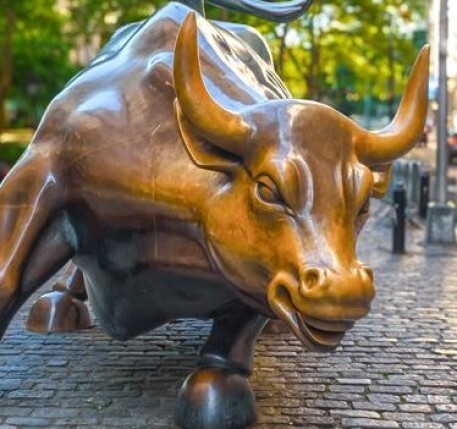Central banks and governments no longer play on the same side. The last decades, marked by the structural fall in interest rates and inflation, have pushed economic agents (households, companies and States) to take advantage of the largesse of central banks to take on massive debt. According to the IMF, the cumulative debt ratio to GDP at the global level now exceeds 250% (i.e. 226,000 billion dollars in amount) whereas the ratio was only 200% in 2007 and just over 100% in 1970. At the same time, and when inflation was no longer a subject, at least on the rise, central bankers found other battles: achieving full employment, equal pay, the fight against climate change, … thus falling asleep a little on their initial mission. This may explain part of the delayed start in monetary tightening by central banks in developed countries, while their counterparts in emerging countries react, out of habit, much more quickly and with less complacency. Now wide awake, they have no choice but to return to their original mandate, at the risk of becoming unpopular. Governments (and more generally all economic agents) will therefore have to relearn that money is no longer free and pay more attention to their deficit. The British government, and Liz Truss in particular, learned this the hard way. The loss of credibility was too great for the former Prime Minister who, after being called to order by the IMF and the markets, had to resign after only 44 days (her successor Rishi Sunak has just been appointed today today). In the rest of the political news, note the appointment of the new Italian government of Prime Minister Giorgia Meloni who tried to reassure Brussels with several pro-European members. But the main news came from China with the closing of the 20th CPC Congress and the confirmation of Xi Jinping's total control over the country. The most moderate members were thus pushed aside (with the striking image of former President Hu Jintao kindly asked to leave), Xi Jinping imposing himself as the only bulwark against the West. The CCP also included, for the first time, in its charter "the resolute opposition and deterrence of separatists seeking independence for Taiwan." Xi Jinping's China is starting to look dangerously like Mao Zedong's and is moving further and further away from Deng Xiaoping, which is not without worrying the markets.
Finally, on the side of the central banks, an article from the Wall Street Journal came to put some balm in the hearts of investors by announcing that the Fed could debate, as of the meeting in early November, a slowdown in the pace of rate hikes from December. Harbinger of the Fed's long-awaited "dovish pivot"? The FOMC members seem, in any case, still divided, the most dovish advocating for a pause in order to observe the consequences of the tightening of financial conditions. While core inflation should continue to be vigorous in the coming months due to strong inertia on certain components (particularly rents), will the Fed take the gamble of releasing pressure too soon after deceived in 2021?










